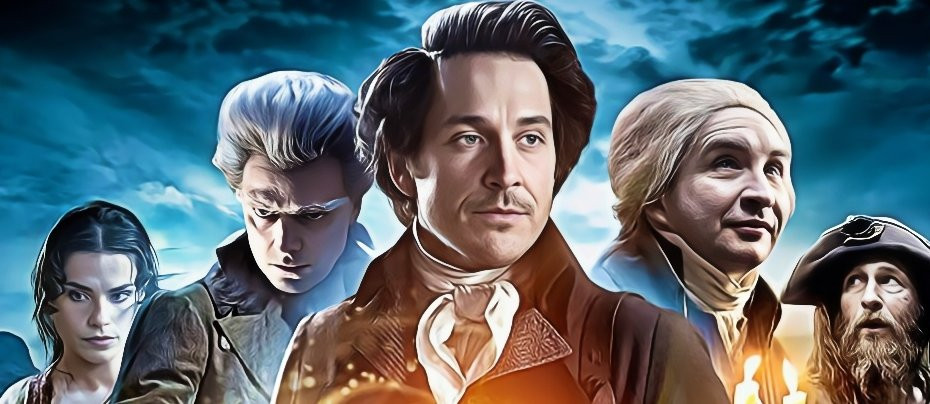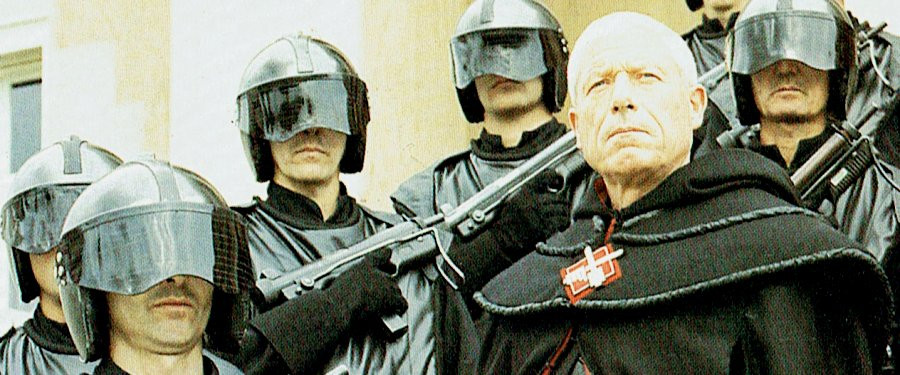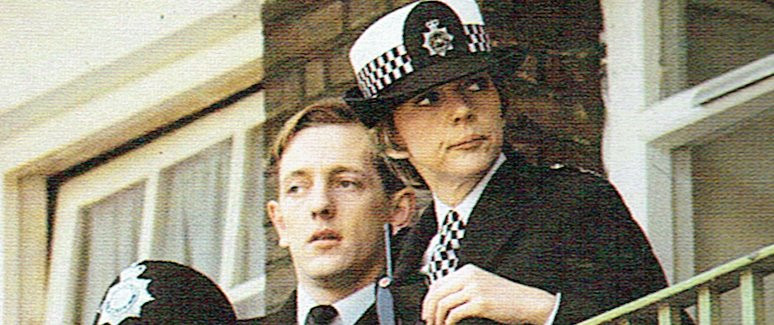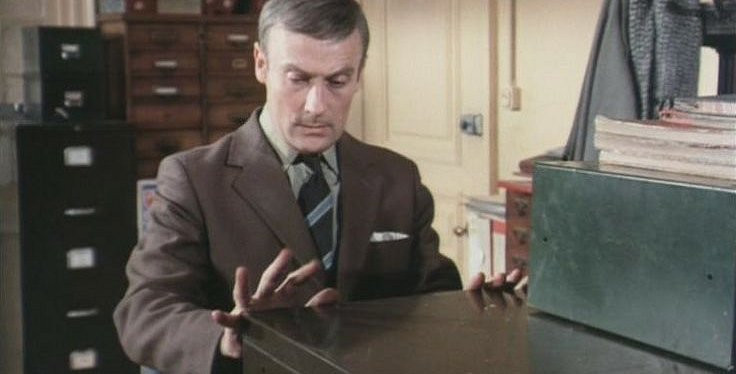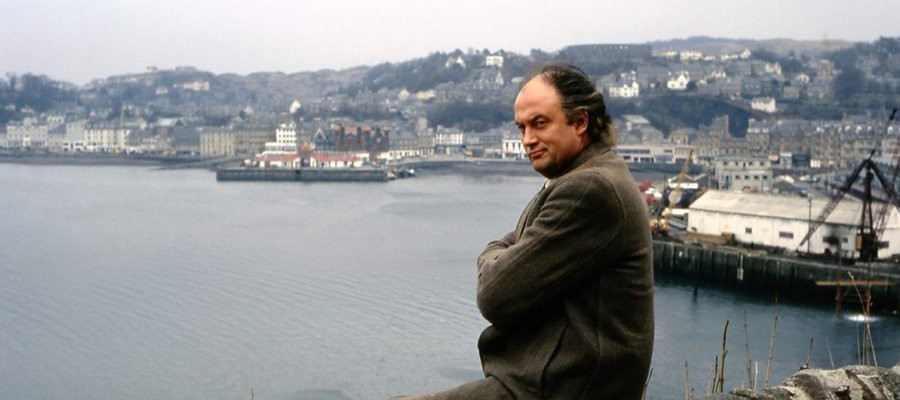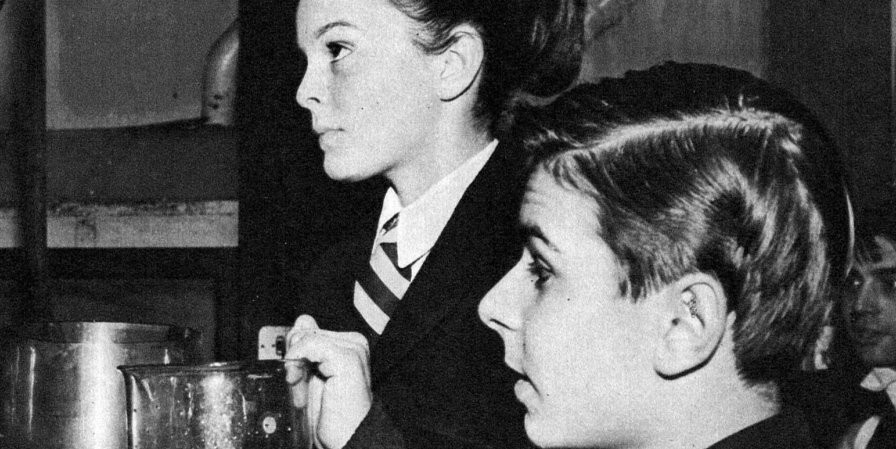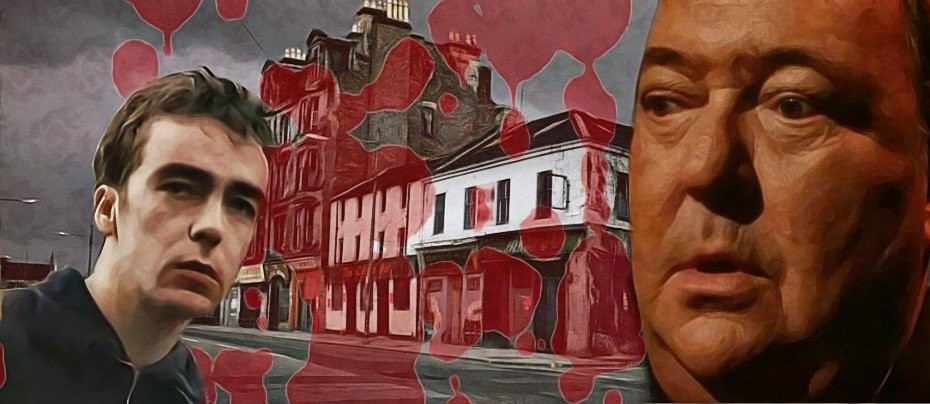
Brond
1987 - United KingdomReview by John Winterson Richards
Conspiracy thrillers were very much in vogue in Britain in the Eighties, especially after the success of Edge of Darkness, possibly because much of the film and television industry was dominated by the side of the political spectrum opposite to that of the Government of the time. The influence of Edge of Darkness is certainly very visible in Brond, a three part miniseries on Channel 4 adapted by Frederic Lindsay from his novel of the same name, which the Scottish Book Trust listed as one of the "100 Best Scottish Novels of All Time."
The story references real life events. It is an almost forgotten footnote to history that the sectarian conflict in Northern Ireland in the Seventies was echoed by similar, if less violent, conflict just across the water in Glasgow. Around the same time a few very extreme Scottish Nationalists took it into their heads to try to mimic the IRA with somewhat tragicomic results.
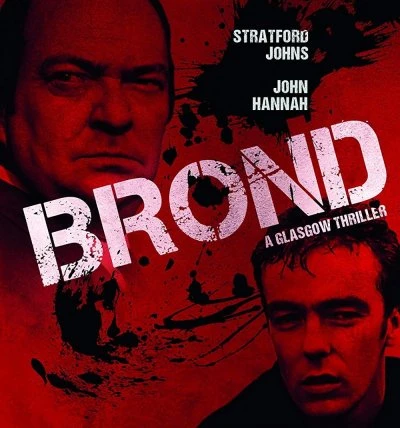
We see everything in Brond from the perspective of a naive and socially inept young student - if that is a tautology, it must be stressed that this student seems even more naive and socially inept than most young men of his age. The first of his family to go to University, Robert feels out of place there and he lacks confidence. Or does he? There are hints that he is an unreliable narrator. It turns out that he is suffering from a serious medical condition and it is also noted that he does not handle his drink well. Yet there are suggestions that there may be more to him than we are shown at first, especially when he mentions his political beliefs belatedly.
This all becomes relevant when he witnesses a particularly horrific murder in broad daylight. It is horrific both because of the nature of the victim and because the way it is done seems almost deliberately casual. Like the protagonist, the viewer is left wondering if that actually just happened.
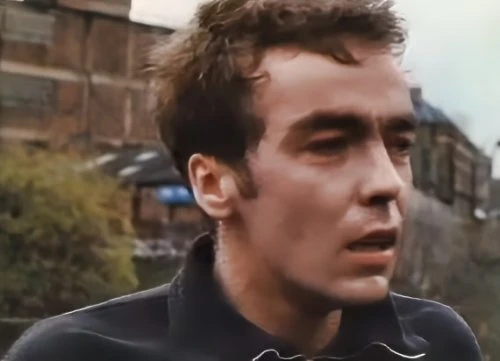
It is a ghastly "inciting incident" so expertly performed and shot that it stuck in your reviewer's mind for decades after seeing it only once. The closing scenes of each of the three episodes are almost as powerful. There is a real air of menace throughout Brond, which is notable, among other things, as the first major project directed by Michael Caton-Jones, who went on to direct major feature films including Rob Roy. It is therefore something of an apprentice work, but an outstanding one, even if Caton-Jones sometimes makes the most of his opportunity to show off as young directors tend to do in such situations. Not complaining, just saying.
If the story linking those great scenes was of the same quality, Brond would surely be remembered today as a classic like Edge of Darkness. Sadly, it is the plotting that lets the whole project down. After a very strong start it ends up making no sense at all. Characters do unlikely things for no good reasons, motivations in general are left unclear, and, worst of all, there are too many coincidences. In particular almost everyone Robert happens to know seems to have important secrets and be connected with each other in hidden ways. We keep waiting to discover something about him that explains these connections - perhaps that he is not the gormless innocent he appears to be - but nothing ever comes. The intriguing possibilities of his own unreliability as our supposed hero are never explored. The shock ending resolves nothing. If life is often like that, drama should not be. Perhaps the novel explains things more, but this is a review only of the television show, which fails in its storytelling. This may be an example of why it is not always a good idea to let novelists adapt their own work. A more objective eye might pick out from the novel what works dramatically and what does not.
Yet Brond is still worth watching simply for the acting and the atmosphere. Another of its claims to minor fame is that it boasts the first major performance by John Hannah as Robert. Parachuted into a leading role in spite of his relative inexperience, he succeeds completely in making an occasionally unconvincing protagonist far more credible than the facts we are given about him might suggest, even if, well into his twenties by this point, Hannah looks a little too mature for a presumably teenaged undergraduate not long up from the farm.
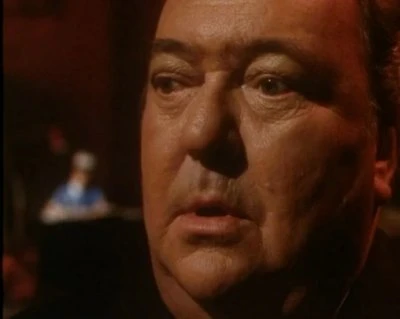
In any case, the real star is Stratford Johns as the titular Brond, who is based loosely on the real life Major Frederick Boothby, a louche eccentric with a very well connected background who became a militant Scottish Nationalist and is widely believed to have been an agent provocateur. When we first hear Brond's distinctive voice, he is talking eruditely about Satan, and there is definitely something Satanic about him. He is both fascinating and repellent. Like Satan, he turns up everywhere, equally at ease in a literary club, a high class brothel, and a Police station. He walks in and out at will, confident that no one will stop him. He has the run of crime scenes. A senior Police officer becomes nervous at the mere mention of his name. Our insecure protagonist lacks the self assurance to stand up to him or even question him. The mysterious Brond seems in complete control of everything simply because he is mysterious.
Yet a couple of unsolicited anecdotes about his past life suggest he may be a rather pathetic man behind the thin veneer of undefined power, as does a scene in the brothel your reviewer wishes he could unsee. The role was a huge risk for Johns who was well known for playing the popular DCS Barlow in half a dozen different shows including Z Cars, Softly, Softly, the eponymous Barlow, and Second Verdict, but he takes the chance to demonstrate his breadth as an actor and his Brond could have been the basis of a longer running series given a better plot.
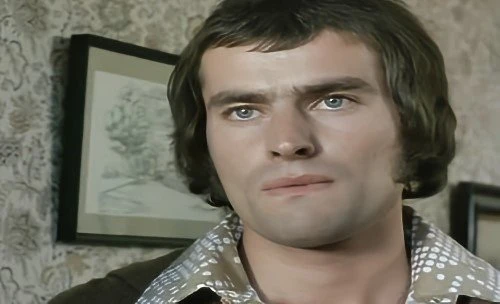
Christopher Ellison also took a risk playing an unsympathetic Policeman since he was soon to return to playing a (slightly) more sympathetic one in The Bill and his own shortlived sequel Burnside. The always compelling James Cosmo is perfectly cast as a truly intimidating heavy - and while there is more to him than that, it is a role in which he excels: he has the most frightening stare in the business. Ian McElhinney makes a strong mark in an early part as our protagonist's unsettling landlord, as does Julie Graham as a prostitute. The subsequently underused Louise Beattie and Bernadette Shortt are good as our protagonist's fantasy love object and landlord's wife but their character arcs go nowhere. Blink and you will miss Russell Hunter and Brian Pettifer in brief appearances. A young Ruaraidh Murray is memorable.
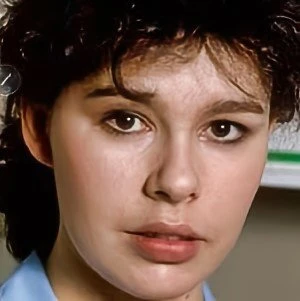
Caton-Jones and his cinematographer Richard Greatrex do an effective hit job on Glasgow, emphasising the squalor and decay of the once proud "Second City of the Empire" - ignoring the fact that it was then just beginning the major renovation and rebranding that was to kick into high gear with the success of the Glasgow Garden Festival and then the City's year as European City of Culture soon after. The production was therefore probably not very popular with the Glasgow Marketing Board at the time, and it has to be said that Glasgow had the last laugh by transforming itself into a dynamic new city that made a lie of its downbeat image in Brond.
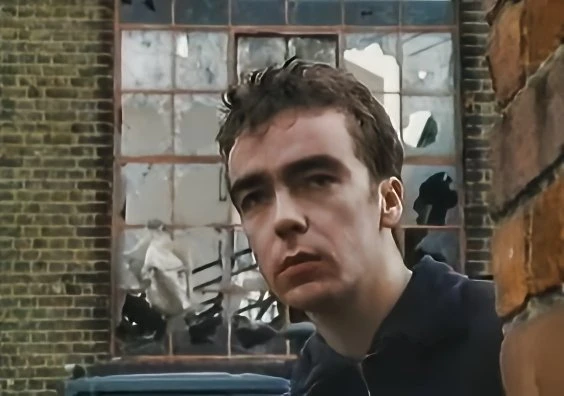
The haunting, quasi-operatic, but very Eighties, soundtrack by Bill Nelson and Daryl Runswick strengthens the air of unease and the almost surreal atmosphere that permeates the whole project - also reminiscent of the jarring use of what might otherwise be pleasant music in Edge of Darkness. Your reviewer bought the vinyl version at the time, which may be why Brond as a whole stuck in his head more than it probably deserves when judged strictly as a drama.
For there is no denying that it is less than the sum of its excellent parts. It is deliberately disconcerting but the most disconcerting thing of all is the absence of a fourth episode to tie up the story properly. If ever there was a good example of a missing final act, Brond is it.
Seen this show? How do you rate it?
Seen this show? How do you rate it?
Published on May 15th, 2024. Written by John Winterson Richards for Television Heaven.




